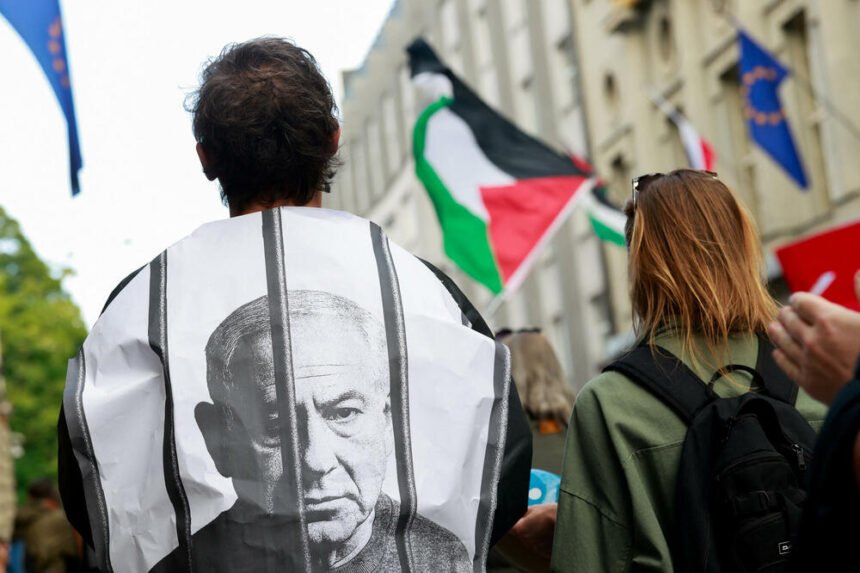Israel’s Chief of General Staff, Herzi Halevi, has opposed Prime Minister Benjamin Netanyahu’s plan to seize the remaining areas of Gaza not yet under Israeli control, according to three Israeli officials, as domestic and international pressure intensifies to end the prolonged war.
During a tense three-hour meeting on Tuesday, Halevi warned Netanyahu that such an expansion could trap Israeli forces in Gaza, a territory from which they withdrew nearly 20 years ago, and endanger the hostages still believed to be held by Hamas, Reuters reports.
Military Resistance to Political Strategy
Although the Israeli military claims to control 75% of Gaza after nearly two years of warfare, it has consistently opposed the idea of annexation, military governance, and the re-establishment of Jewish settlements—plans endorsed by hardline members of Netanyahu’s government.
Netanyahu remains under intense international pressure to secure a ceasefire in the devastated coastal enclave, where the humanitarian crisis has reached alarming levels. Water shortages, famine, and mass displacement plague the civilian population, while hostage negotiations remain deadlocked.
The UN has labeled reports of Israel’s possible military expansion as “deeply disturbing” and cautioned against further escalation.
Hostage Dilemma
The military has reportedly avoided areas where hostages are believed to be held, based on intelligence, and former captives have described being threatened with execution if Israeli troops approached.
In a sharp exchange during the meeting, Netanyahu criticized the army, saying it has failed to rescue the hostages, most of whom were freed only through diplomatic efforts.
There are still 50 hostages in Gaza, with at least 20 believed to be alive. Recent videos released by Hamas and Palestinian Islamic Jihad show malnourished captives, provoking global condemnation.
Domestic Backlash and Military Strain
Mass protests in Tel Aviv continue, with demonstrators demanding the immediate release of hostages and an end to the war.
Israeli Defense Minister Israel Katz defended the general’s right to voice his concerns but reaffirmed that the military would follow government decisions until all war objectives are achieved.
Opposition leader Yair Lapid, after a meeting with Netanyahu, told reporters the public no longer supports the war, and that a full military occupation of Gaza would be disastrous.
A Channel 12 poll last month showed strong public support for a diplomatic solution that would end the conflict and secure hostage releases.
With over 61,000 Palestinian deaths reported—mostly civilians—the war has also overstretched the Israeli military, which has had to repeatedly mobilize reservists. Expanding operations could require even more troops.
Slovenia Responds with Trade Ban and Condemnation
Amid growing international criticism, Slovenia announced a ban on imports of goods produced in Israeli-occupied Palestinian territories, along with increased humanitarian aid for Gaza.
Prime Minister Robert Golob accused Israel of “grave and repeated violations of international humanitarian law,” including illegal settlements, land expropriations, and forced displacement of Palestinians.
“These actions not only endanger the lives and dignity of the Palestinian people, but also the very foundations of the international order,”
said Golob, as quoted by the STA news agency.
Slovenia had already recognized the State of Palestine in June 2024, following similar moves by Spain, Ireland, and Norway. It recently enacted a weapons embargo on Israel and declared several Israeli ministers persona non grata.
Though the trade ban covers goods worth less than €2,000 annually, it sends a strong political message amid escalating global concern over the war.







